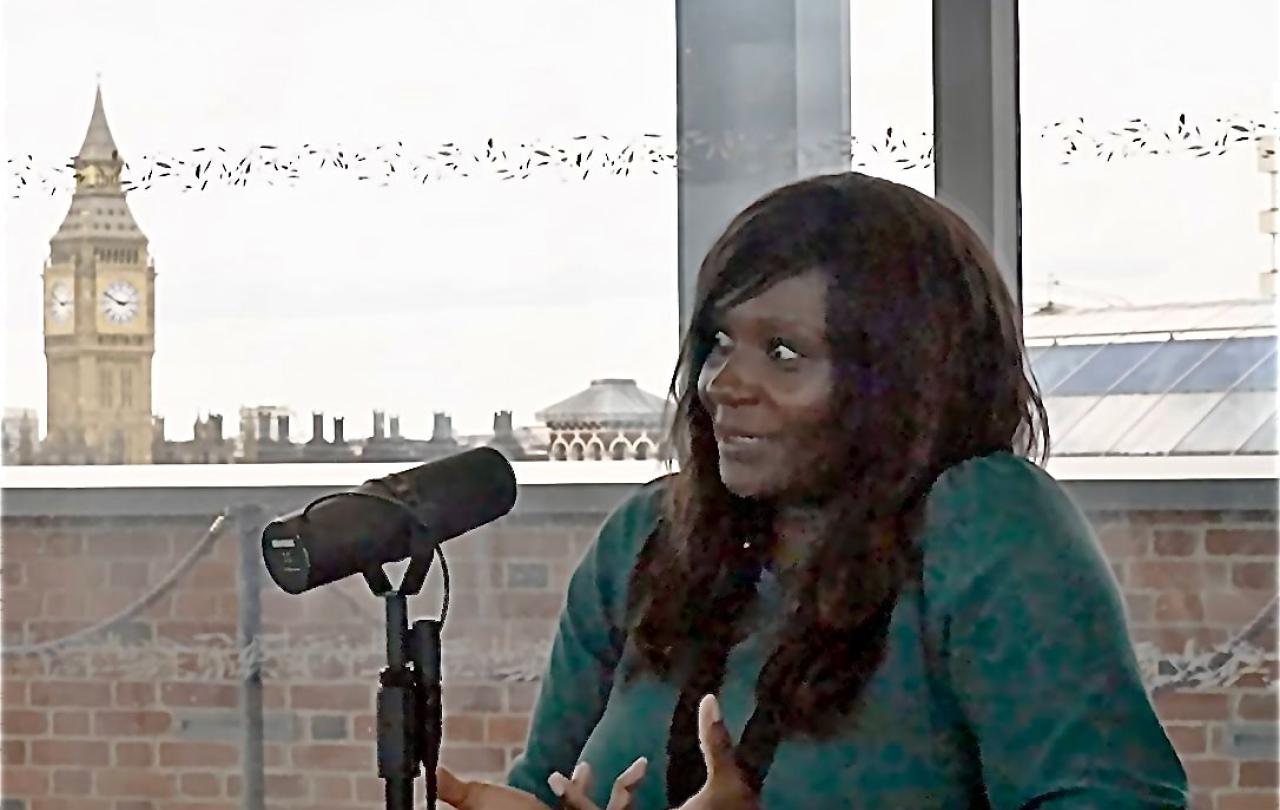The Russian invasion of Ukraine in 2022 was a paradigm of wrongful aggression; if war is ever justified as, I think, an imperfect world forces us to accept, it is in such circumstances. Those who would contest such aggression, in defence of innocent lives and sovereign states, need the weapons to be able to do so, and they need the best weapons that are available. One of the immediate actions that Ben Wallace, then UK Secretary of State for Defence, took in response to the invasion was to surge Britain’s stocks of man-portable anti-tank weapons to Ukraine. One of these, the Javelin weapon, literally gained iconic status, in the meme of ‘St Javelin’, styled as an Orthodox saint. But Javelins do not descend ex nihilo from the clouds: they need to be manufactured by advanced industries.
The defence industry, then, may certainly play a valuable role in a country’s economy. But more than that, in a world of predatory and repressive states, and violent non-state actors, it is a moral necessity. Isaiah foresaw, prophetically, a time when swords will be turned into ploughshares and spears into pruning hooks. But this side of that new reality, we need states that protect the innocent, and without a defence industry to equip the state to do so, the innocent lie vulnerable. If the state is, as St Paul had it, commissioned to punish the wrongdoer, ‘not bearing the sword in vain’, someone must make the swords. The peace dividend at the end of the US-Soviet Cold War has been spent, and we are in ‘the foothills’ of a new one, as the late Henry Kissinger described it. Ploughshares later; it must be swords now.
How long have we got? It is a basic principle of military planning that, while you should structure your own operations around the enemy’s most likely course of action, you should also, and crucially, have contingencies for the enemy’s worst-case course of action. That worst-case may be with us sooner that we think. In the lead-up to the recent Munich Security Conference, the Estonian intelligence chief estimated that Russia is preparing for confrontation with the West ‘within the next decade’; the chair of Germany’s Bundestag defence committee indicated five to eight years; and the Danish defence minister suggested three to five years.
With procurement timelines for advanced equipment—such as main battle tanks, frigates, and next generation fighter aircraft—typically taking over a decade, the urgent priority is for defence investment now. The UK’s Armed Forces are in a parlous state, as the recent cross-party report by the House of Commons Defence Committee makes clear. This investment in defence will not be cheap, and the difficult political task is deciding what spending to cut to allow for this uplift. But this debate cannot wait, and politicians must lead the country now in the required mind-set shift. Poland is the only NATO country to have convincingly demonstrated that it understands the times we live in, by investing seriously in its army. The UK government certainly wills the end, of ensuring the country’s security. The present question is whether it wills the means.



